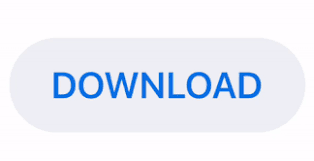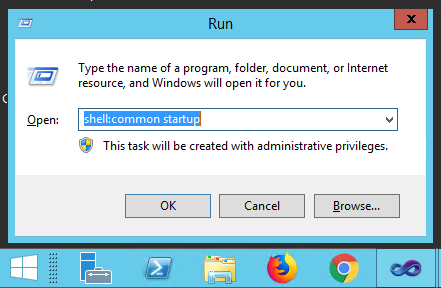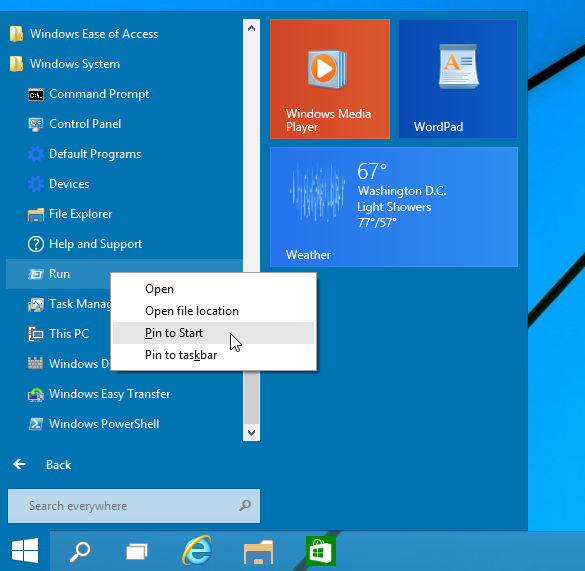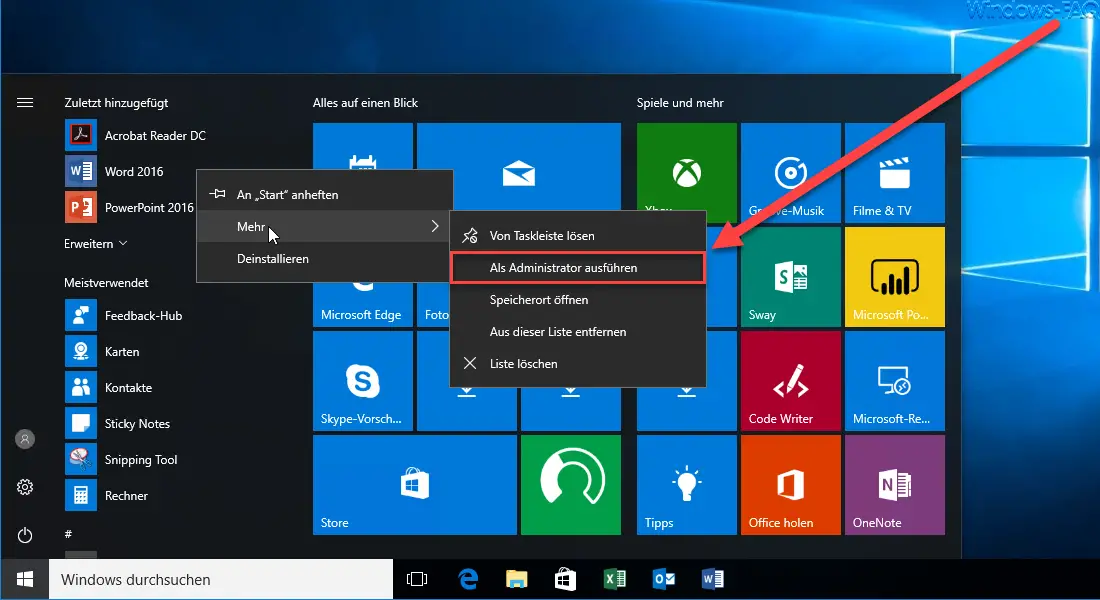
From now on, each time you turn on or restart your computer, the program, file, disk, or folder you dragged will open by itself. When you release the button, a shortcut menu appears.Ĭhoose Create Shortcuts Here from the shortcut menu.Ĭlose all the windows you’ve opened. Using the right mouse button, drag the icon directly into the Startup window, as shown in Figure 1-8. Navigate to the disk, folder, application, or document icon you want to add to the Startup folder.ĭoing so requires familiarity with one of two folder-navigation schemes: My Computer or Windows Explorer. To add a new icon to the Startup folder, on the other hand, read on. Close all the windows you’ve opened and enjoy your newfound freedom from self-launching software. To delete an icon from this folder, just right-click it, choose Delete from the shortcut menu, and answer Yes to send the icon to the Recycle Bin. The Startup window opens, revealing whatever is inside. Right-click Startup and choose Open from the shortcut menu. (The My Documents folder is a natural example.)Ĭlick the Start button. It can even be a folder or disk icon whose window you’d like to find open and waiting each time you turn on the PC.

It can just as well be a certain document you consult every day. In fact, although few PC users suspect it, what you put into the Startup folder doesn’t have to be an application. And of course, you can always select items in the list from the keyboard. But you can scroll the list by pointing to the tiny black triangle arrow (at the top or bottom of the menu) without clicking. Now your programs list may still be too tall for the screen. Turn on the checkbox and then click OK twice. Next, click the Customize button, click the Advanced tab, and scroll down the list of options until you see Scroll Programs. To do so, right-click the Start button, then choose Properties from the submenu. If this columns-on-columns effect makes you a bit dizzy, just replace it with the simple, one-column, scrolling Programs menu of Windows gone by. If you have a lot of programs, the All Programs menu may itself consume multiple columns on your screen. Uncheck: Do not store password.NOSTALGIA CORNERRestoring the Single-Column Programs List.Check: Whether user is logged on or not (needed when using system startup).Change the User Account to the previously created user.

Do not use real passwords: link 1, link 2.


I have successfully started 3 console applications that depend on each other using Task Scheduler.


 0 kommentar(er)
0 kommentar(er)
